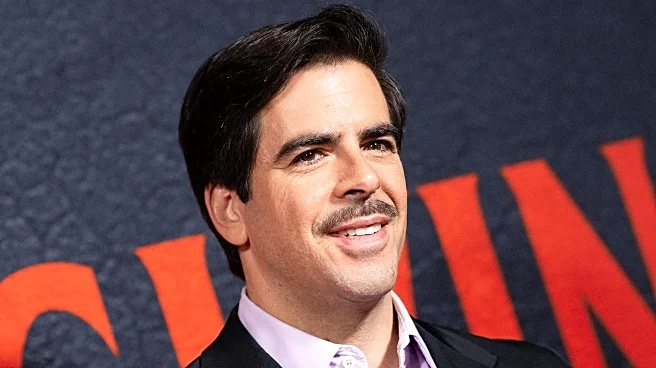Rapid Read • 8 min read
A high-level event focusing on cellular agriculture and its implications for farmers is set to be livestreamed from the European Parliament in Brussels. Scheduled for October 14, the event will delve into how cultivated meat can be integrated into rural economies, with farmers playing a crucial role. Cellular agriculture involves producing animal products directly from cells, offering a sustainable alternative to traditional farming. The event will feature discussions on RESPECTfarms, a European initiative aimed at developing farm-based cultivated meat production. Key speakers include Michel Vandenbosch, President of GAIA, and Ira van Eelen, Co-Founder of KindEarth.Tech, among others. The event seeks to provide policymakers, particularly Members of the European Parliament, with insights into the opportunities and challenges posed by cellular agriculture.
AD
The event is significant as it addresses the future of agriculture in the context of Europe's Green Deal objectives and the need for sustainable protein sources amid climate change. Cellular agriculture presents a potential shift in food production, reducing reliance on traditional animal farming and potentially lowering environmental impact. The inclusion of farmers in this transition is crucial to ensure they are not marginalized. The RESPECTfarms initiative offers a model for integrating farmers into this new system, maintaining their role as food producers. The event aligns with European values of ethical leadership by promoting technologies that reduce animal suffering while ensuring food sovereignty.
The event is expected to influence future EU strategies and legislation regarding sustainable food systems. Policymakers will likely consider the insights and models presented, such as RESPECTfarms, in developing frameworks that support a just transition for farmers. The dialogue initiated at the event could lead to increased support for cellular agriculture research and development, fostering innovation in the sector. Stakeholders, including farmers, policymakers, and industry leaders, may collaborate to address the socio-economic and environmental challenges associated with this transition.
The shift towards cellular agriculture raises ethical and cultural questions about the future of food production. It challenges traditional farming practices and could lead to significant changes in rural economies. The technology also presents an opportunity to address animal welfare concerns, aligning with broader societal shifts towards more ethical consumption. Long-term, cellular agriculture could redefine the relationship between humans and food, influencing dietary habits and cultural norms around meat consumption.
AD
More Stories You Might Enjoy













